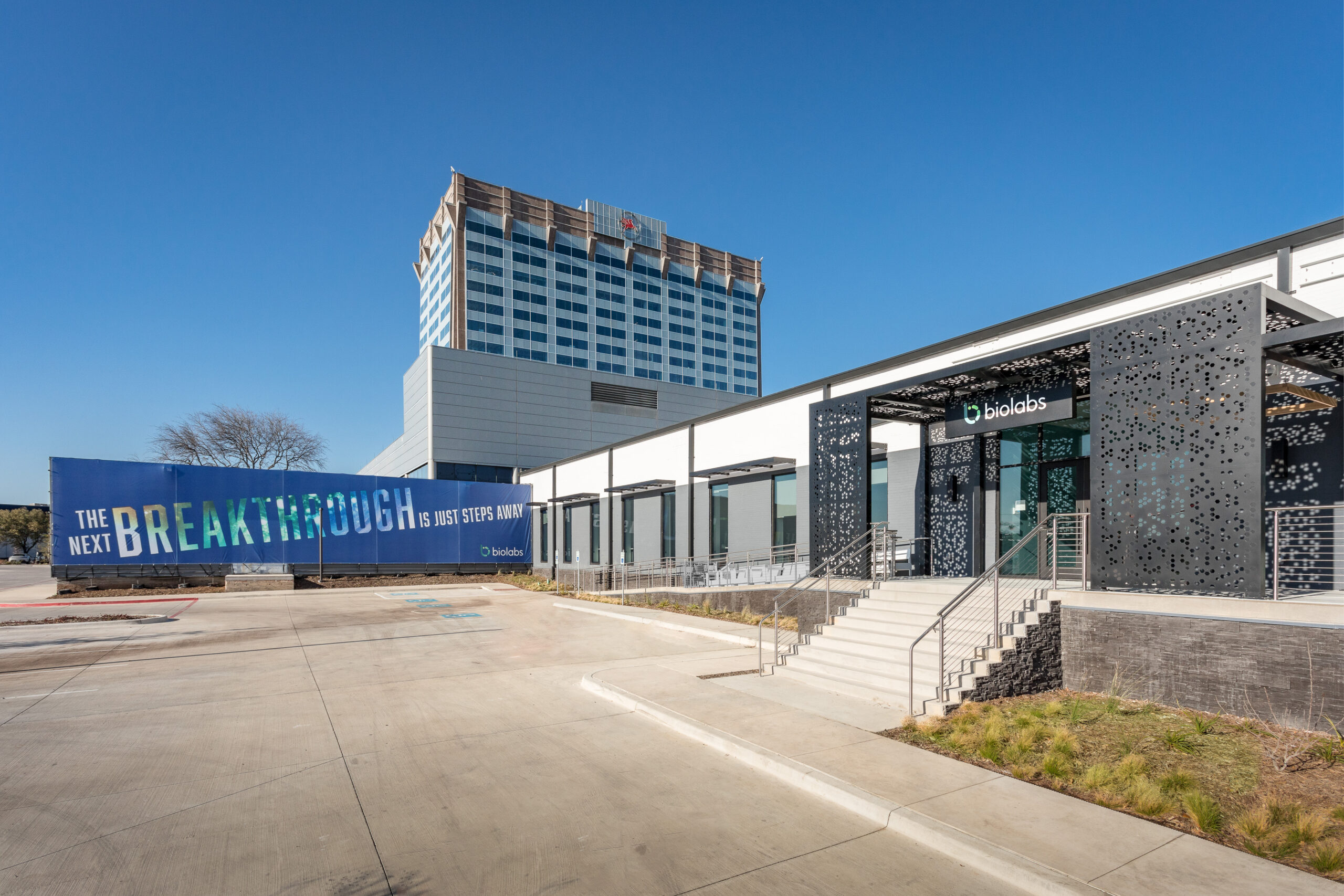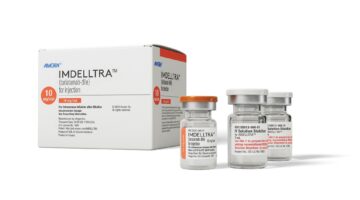Call it the ultimate buzz kill.
You’re a healthcare startup owner, your company is gaining financial traction, and you’ve been promised a $24 million round of financing by a leading venture capital firm.
But guess what? Just when the golden apple is within reach, cruel fate — in the form of that venture capital firm — takes center stage. Your $24 million is yanked, because the firm backed out at the last moment.

BioLabs Pegasus Park Cultivates Life Science Ecosystem
Gabby Everett, the site director for BioLabs Pegasus Park, offered a tour of the space and shared some examples of why early-stage life science companies should choose North Texas.
That’s exactly what happened to Rand Fishkin, chief executive officer and founder of SEOmoz, a Seattle-based search optimization firm.
Fishkin tells the tale himself, in this blog, and it’s a compelling read.
Fishkin echoes the sentiments of many entrepreneurs when he wonders what, exactly, he did wrong to lose the $24 million. His saga starts back in November 2010, when an unnamed investor came forward with an offer of $19 million, along with an additional $5 million from Ignition Partners, a Bellevue, Wash.-based capital firm that had given SEOmoz $1 million back in 2007.
It was a whopper of a deal for Fishkin. He would reportedly net $1.25 million himself, and his mother, who launched a precursor startup that spawned SEOmoz, would get $.75 million.

A Deep-dive Into Specialty Pharma
A specialty drug is a class of prescription medications used to treat complex, chronic or rare medical conditions. Although this classification was originally intended to define the treatment of rare, also termed “orphan” diseases, affecting fewer than 200,000 people in the US, more recently, specialty drugs have emerged as the cornerstone of treatment for chronic and complex diseases such as cancer, autoimmune conditions, diabetes, hepatitis C, and HIV/AIDS.
But timing is everything in business, and the deal started to spiral out of control just before it was supposed to close — just before the stock market fell off a cliff in early August. Fishkin got the news just after that, and told his staffers about it in an August 24 memo.
Here’s what he had to say about the deal going south:
“While this is disappointing, there is some upside. We don’t want a fair-weather friend for an investor on our board, nor someone who doesn’t fully believe in the company’s future and potential. We are also free to pursue the course we feel best without having to please a new, outside investor on the board, who might have pushed for us to run fire drills to make up missed revenue targets rather than focus on the long term.”
The blog is titled “Misadventures in VC Funding: The $24 Million Moz Almost Raised” — and it’s a must-read (and a reality check) for any entrepreneur looking for venture capital funding. The details of a multi-faceted funding deal alone are worth the effort.
That’s not to say that all, or even most, venture firms aren’t as good as their word. But in the real world, deals fall through all the time, and for myriad reasons, as Fishkin’s story spells out all too clearly.
As Fishkin writes, “My hope is that by sharing, others can learn from our experience and possibly avoid some of the mistakes, pitfalls and pain we faced.”
He’s done that, and in spades.
More people are touched by healthcare and its entrepreneurs than any major industry. Healthcare innovation is happening in many locations, and Entrepreneurship.org’s eMed Community unites healthcare entrepreneurs and their partners through the power of ideas. To read more, go to www.entrepreneurship.org.












